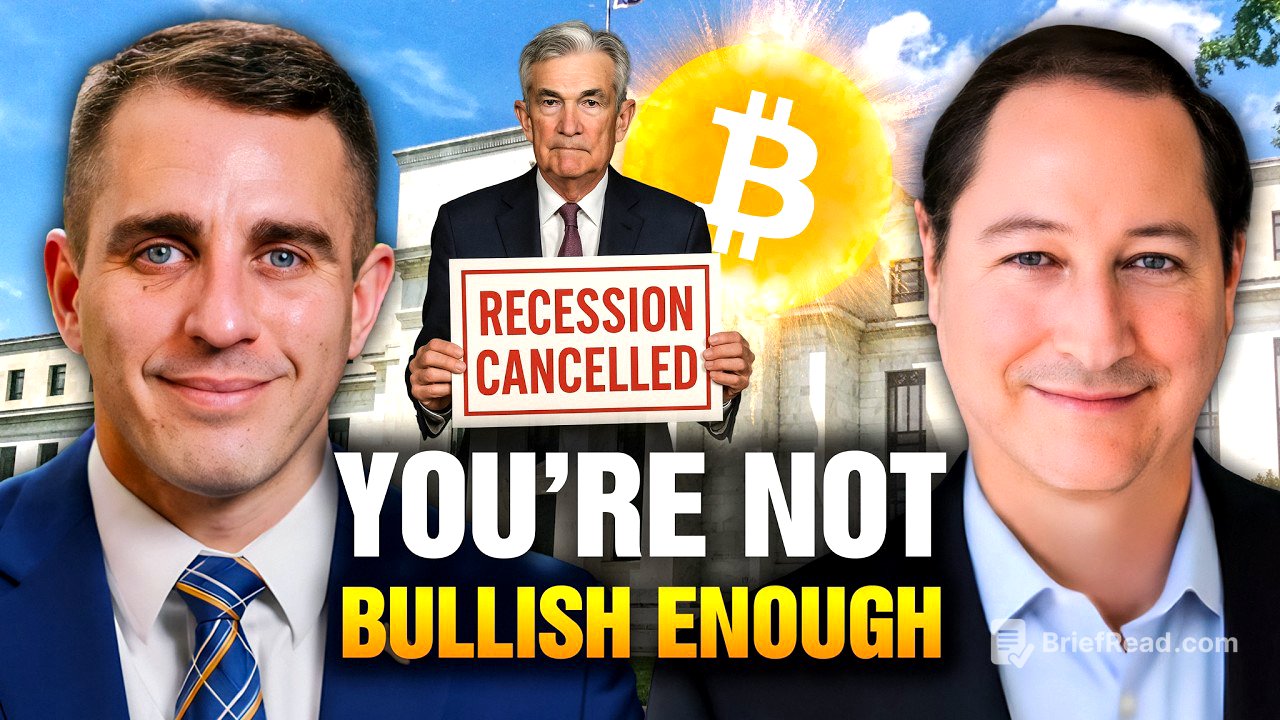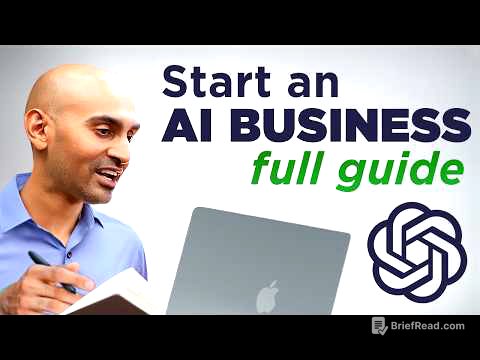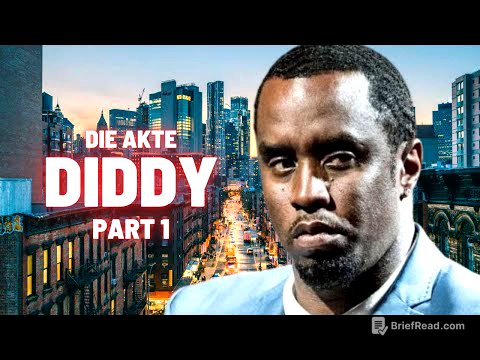TLDR;
In this conversation, Jordy Visser and Anthony Pompliano discuss the current state of the stock market, inflation, the potential for a recession, and the impact of AI on the job market. They also touch on the mortgage market, how the US can win the AI race, interest rates, takeaways from a Robinhood event, and the future of Bitcoin.
- The traditional finance world is expected to increase its allocation of Bitcoin in the near future.
- AI is having a significant impact on the economy and job market, leading to increased productivity without necessarily increasing hiring.
- The US government is taking steps to accelerate AI development and compete with China, including potential subsidies and easing of regulations.
Intro [0:00]
Anthony Pompliano introduces a conversation with Jordy Visser, focusing on recent stock market moves, interest rates, recession possibilities, job revisions, and the influence of AI and Bitcoin on these factors.
Why are there massive moves in the stock market? [0:59]
Jordy Visser observes that the fixation on minor CPI changes is overshadowing the significant impact of AI, exemplified by Oracle's substantial increase in orders. He argues that the focus should shift from traditional economic indicators to the transformative effects of AI on the economy. Oracle's stock rose significantly after reporting a $317 billion increase in orders, highlighting the importance of AI in the market.
What’s going on with inflation and tariffs [3:38]
Visser dismisses concerns about tariffs driving inflation, stating that economists focusing on this are not helping investors make money. He highlights Oracle's $317 billion increase in orders as more important than inflation data. He also mentions that true inflation is lower than the government's reported CPI.
Is there an argument to be bearish? [9:25]
Visser suggests that bearish sentiment stems from political issues and a distrust of the administration's handling of tariffs and the Federal Reserve. He notes that earnings and profit margins are growing, and AI technology is rapidly advancing. He believes the Fed will cut rates into a strong economy where demand outstrips supply.
Is there a possibility of a recession? [12:48]
Visser argues that a recession is unlikely because the government and the Fed will not allow massive job losses that lead to a credit cycle unwind. He points out that nominal GDP is growing, and the buildout of AI will be explosive. He also notes the significant power needs for AI development, potentially equivalent to the electricity consumption of Japan or Germany.
Humans are now competing against machines [16:22]
Visser discusses how AI is replacing human jobs, with AI agents and software performing tasks more efficiently. He shares an anecdote about a team member coding on his phone using AI tools, increasing productivity. He also notes that younger people are getting a break by not taking jobs at big companies and instead working for smaller businesses where they can use AI.
Job growth revised down by 911,000 [21:19]
Visser considers the job revision data point to be useless due to the nature of revisions. He suggests that jobless claims are a more important weekly indicator, currently sitting near all-time lows. He acknowledges that the hiring market has slowed down, but believes the Fed should cut rates in response.
Mortgage market and will homes become more affordable? [25:50]
Visser anticipates a pickup in the housing market due to lower mortgage rates. He believes the administration will declare a housing emergency and look for ways to bring rates down further, potentially tightening mortgage spreads.
How does US win AI race? [28:12]
Visser discusses how the US government is using tactics similar to China to accelerate AI development. This includes investing in businesses that advance critical national security issues and addressing supply chain dependencies. He notes that the government is focused on permitting, tax incentives, and changing accounting rules to encourage capex spending.
What is happening with interest rates? [33:58]
Visser explains that higher interest rates benefit those with cash, such as hyperscalers, due to interest payments from the government's deficit. He notes that companies with debt and people needing to buy homes or autos are negatively impacted. He believes the Fed needs to lower rates to help those who need access to borrowing.
Takeaways from Robinhood event [37:58]
Visser describes the Robinhood community's three-bucket portfolio approach: long-term investments (Bitcoin, Mag Seven), fundamental stories (Tesla, Ethereum), and entertainment/meme coins. He notes that this approach reflects an understanding of debasement and the need for assets to perform well.
What will happen with bitcoin? [42:49]
Visser likes the way Bitcoin charts are playing out and sees mini breakouts in the broader crypto ecosystem. He believes there will be a chase in these assets and expects Bitcoin's allocation to increase across portfolios. He uses MicroStrategy's premium as a sentiment gauge for Bitcoin.









